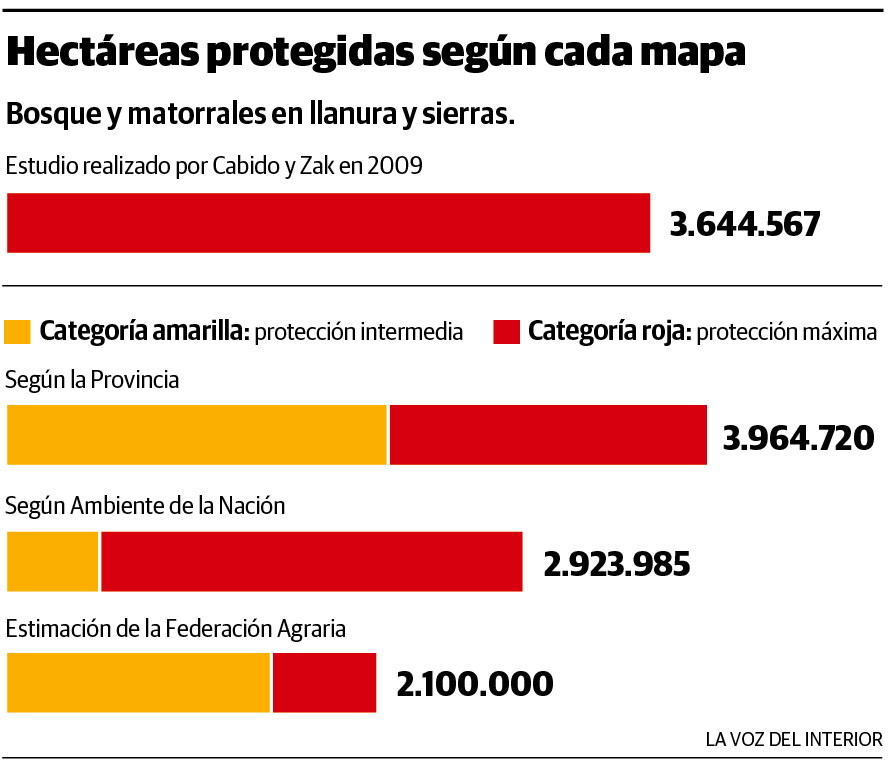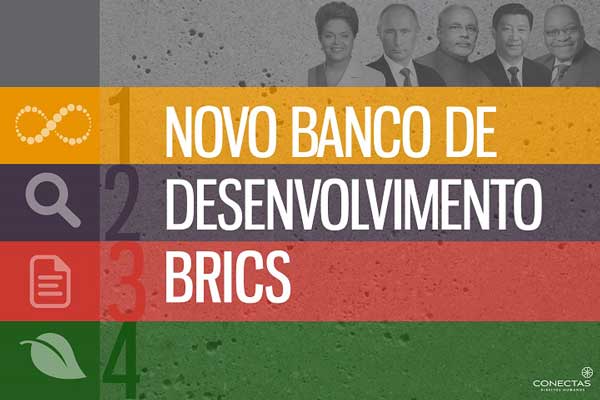Seductive, rich and pleasant, sugar is an omnipresent ingredient in the Argentine diet. Faced with the alarming growth of obesity, lower consumption depends on a tangled dialectic between industry, science, government and civil society whose response is expected.
“Below, we offer a google translate version of the original article in Spanish. This translation may not be accurate but serves as a general presentation of the article. For more accurate information, please switch to the Spanish version of the website. In addition, feel free to directly contact in English the person mentioned at the bottom of this article with regards to this topic.”
In the sun of the creative momentum of the 1990s, the film portrayed the historic legal gestation against the Brown & Williamson Company in The Infiltrate, starring Russell Crowe and Al Pacino. The argument was based on the company’s decision to add “coumarin” to cigarettes, a moderately toxic substance for the liver and kidneys that increases consumer addiction to cigarettes. A source of energy of easy and quick assimilation, disacárido formed by a molecule of glucose and one of fructose, extracted mainly of the sugar cane and beet, seductive and omnipresent, the sucrose is the most popular wild of flavor and it represents, in addition , The symbol of the new crusade for public health. Like the closely hidden secret of coumarin, the chemical composition of sugar, added in food and drink, is the focus of the current debate on food and disease. For the World Health Organization (WHO), 60% of Argentines are overweight and obesity in Argentina increased, between 2005 and 2013, by 42.5%. Moreover, according to the National Survey of National School Health of 2012, over a five-year period, in the group of adolescents aged 13 to 15 years, overweight increased from 24.5% to 28.6% and obesity Went from 4.4% to 5.9%. “The feeding of the baby with hypercaloric foods with high fat, sugar and salt content is one of the main factors that lead to childhood obesity. (…) Supplementary foods rich in fats, sugar and salt should be avoided”, cites the Commission To End WHO’s Child Obesity on its website.
The diet
The figures reflect that in the Argentine diet there is a great deficit of vegetables and fruits, according to the degree in Nutrition Pilar Llanos, who is part of the Board of Directors of the Argentine Nutrition Society (SAN). At the same time, Llanos explains, there is an excessive presence of products that contribute high caloric density, such as flours (no fibers), sweet and savory cookies, pre-ready pastas and white baked goods. The presence of meat such as poultry, fish and red meats on many tables, continues Llano, “is replaced by industrialized products, pre-listed, easy and quick to consume and the children’s liking with the company of the empty calories provided by soda” . Argentina is the world’s leading consumer of soft drinks with 137 liters per capita per year, according to Euromonitor 2014, the world leader in market research. “It is proven how the food industry is promoting the broad consumption of goods whose regular consumption over time generates negative impacts on health,” says Juan Carballo, lawyer and Executive Director of the Foundation for Sustainable Policy Development (Fundeps). In Argentina, in particular, information on food packaging is low, no one reads the label in detail and the advertisements are simply persuasive.
Disagreements
In the face of an obvious problem, the dialectic of the discussion is complex. Industry, civil society, the state and the scientific community – which at first glance share the truth of Perogrullo that a diet of sugar, saturated fats and sodium is bad for public health – are not in agreement About what to do about it. The options are several: to impose a sugar tax like England in 2016, to make an international agreement such as the WHO Framework Convention on Tobacco Control of 2003, to guarantee free enterprise, to sanction a strict rule on food labeling such as Chilean law 20.606, among many others. During the Round Table on the Implementation of the Plan of Action for the Prevention of Obesity in Children and Adolescents of the Pan American Health Organization (PAHO) held in Washington in May 2016, civil organizations throughout the Americas discussed barriers And opportunities in public health care. At the meeting, Carballo argued that there was insufficient voluntary standards and self-regulation on the part of the industry on advertising and marketing of food for children.
The investigation
The omnipresence of sugary ingredients in the diet of Argentines is a rich, natural and pleasurable reality difficult to discuss. They are perceptions that cross all social groups, ages and sexes. Its long-neglected innocuousness is the object of study by scientific institutions and associations responsible for unraveling positions on how much sugar has to do with noncommunicable diseases (NCDs) that cause morbidity and mortality. Things, a priori, are not so clear. Internal sugar industry papers published in 2016 in the journal Jama Internal Medicine by Stanton Glantz, a researcher at the University of California, San Francisco, suggest that studies that minimized the link between sugar and heart and slandered Saturated fats. Science, conditioned by industry, concealed a villain accusing another malefactor. “The industry operates through the financing of real research teams, some reliable, but also with ‘front organizations’ – adds Carballo – who have an institutional shell that is apparently respectable but that only have funding from the food industry sector. Its objective is to cast doubt on proven conclusions or to condition public policies”.
The Coca-Cola Case
Although the influence peddling revealed in the documents dates back almost 50 years, more recent reports show that the industry continues to exert its influence in the science of nutrition. On January 4, The Praxis Project and the Center for Science in the Public Interest filed a lawsuit against Coca-Cola for misleading the public by breaking down research linking sugary drinks with obesity, type 2 diabetes And the like. “Coca Cola has a long history of support and fruitful relationships with research and non-profit organizations in the countries where it is present,” said Francisco Do Pico, Coca-Cola Director of Public Affairs and Communications for Argentina. Always occur in a transparent context and in no case have conditions tending to favor topics of interest to the Company “. The company provides up-to-date information on its website www.transparency.coca-colacompany.com on the amounts of money it allocates to research activities. However, within its policy of transparency, all the academic institutions to which Coca-Cola funds are not yet explicitly disseminated.
Interests crossed
Food, on the other hand, is closely linked to food production by industry; And to the regulation of the marketing of healthy products in the market, on the part of the State. In the middle of both actors are the facts obtained from scientific research. In spite of everything, gray areas appear everywhere. The journalist and author of the book Malcomidos, Soledad Barruti, last year published an article denouncing that the International Life Sciences Institute (ILSI) was in fact an NGO financed by corporations of the food industry that realized field studies in public schools of Buenos Aires, with Endorsement and funds from the city’s “My Healthy School” state program to investigate child habits in relation to food. “For me it is fundamental that we begin to ask who financed an investigation Who sponsors the nutritional and pediatric societies of Argentina? Why do I see stamps from the Argentine Nutrition Society (SAN) on salt packets if it is assumed That we have to consume less salt, which is fortified with iron? I think it suffices to say who paid the study and in what paradigm of nutrition is inserted.
The Cormillot case
A few hours after releasing the new list of Pricing, in August 2016, the national government returned in its footsteps and withdrew from the program the four “Cormillot” brand products that were introduced after Dr. Alberto Cormillot took over as an official of the Ministry of Health and advise in the development of the official policy of regulated prices. Dulcor foods licensed by Cormillot generated a state of suspicion about a potential conflict of interest in which the professional television would be both part and counterpart. “There can not be an official who has direct links to a food company that bears his name,” Barruti says or sells food products, diets or services around his name.
The triumph of sucrose
The Science and Technology of Foods race belonging to the Department of Productive and Technological Development of UNLa (University of Lanús) in November 2016 made a survey of preferences of food consumption with sugar in Argentina. The work revealed that 92% of Argentines that incorporates sweet foods daily to their food does it because it is rich and 82% of them because it is pleasant. “It is a matter of Food Education to make the institutions aware that they do not include foods such as snacks and snacks in the diet of schoolchildren”, summarizes the licensed Llanos, of SAN-. Perhaps a first step would be to take letters in spaces where, like schools, the state has a strong role. School kiosks could be the seed of a distinct food profile associated with the educational process. A place where the private sector, without being a bad word, can participate along with civil society. The naturalness of the presence of sucrose in the Argentine diet, as a triumph of pleasure against the antithesis of good health, makes the consumption of drinks and sugary foods is part of the status quo of the daily menu. An idea prevails: each is responsible for himself without prejudice to the State, civil society and science – that is, concepts similar to those that slide tobacco smokers. Several ethics result from a chemical purification process whose success depends on the percentage of sucrose contained in its crystals.
The position of the industry
Groups of companies represented by the Latin American Alliance of Food and Beverage Associations (Alaiab), meeting in Washington D.C. In 2015, expressed their disagreement with “those approaches that seek to pigeonhole the private sector as an actor … incompatible with the development of public health-related policy proposals … Alaiab believes that the so-called ‘Conflicts of interest’ should not delay the proactive dialogue. ” “It is clear that the chambers and companies of Copal,” says Daniel Funes de Rioja, president of the association, “have worked for the quality of the food we produce.” We and the ministries of Health and Agroindustry recently celebrated an agreement to promote habits Healthy life and provide adequate information to society through labeling and advertising. ” The meeting, to which no civil society organization was invited, was a step of coordination between the State and business. On the legal and parliamentary level, the debate is still pending on deep marketing and labeling laws, two sensitive issues for the industry. Rumors that a law establishing front labeling of containers with large, easily visible black seals warning of foods high in sugars, sodium, saturated fats, and calories (as in Chilean law) may spark off criticism. “We believe that this is an absolutely wrong law,” adds Funes de Rioja, “since it not only has distortions from a technical point of view, but also from a practical point of view.” Our country, unlike Chile, is a world exporter Many times technical norms are created without scientific-sanitary basis that imply trade barriers. ” The companies gathered at Copal claim to do research to document the ingredients and the effects that certain foods can have. “All of this is done with the highest scientific solvency,” explains Fines de Rioja, “which are chambers or companies with entities such as the Argentine Nutrition Society, for example, and other academic institutions with which we work.”
Source: La Voz Del Interior


